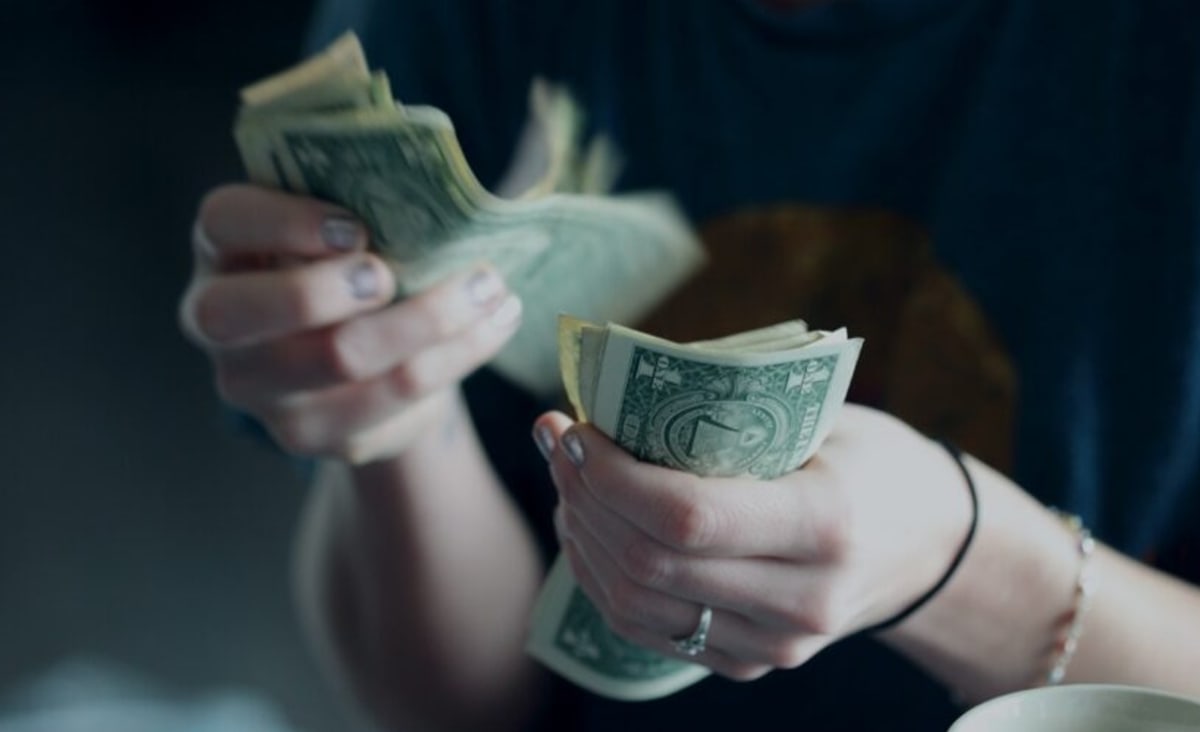This post may refer to COVID-19
To access official information about the coronavirus, access CDC - Centers for Disease Control and Prevention.

www.goodnewsnetwork.org
Six in 10 Americans Agreed They're More Financially Confident Than They Were Before the Pandemic
Americans are “cashing in” on lost time due to the pandemic and applying new financial lessons from these life-changing years.
Social & Lifestyle
Gen Z and millennial Americans are “cashing in” on lost time due to the pandemic and applying new financial lessons from these life-changing years, according to a new survey.
The new poll asked 2,000 Gen Z and millennial Americans (born in the years 1981-2003) and asked about their new spending and saving habits during the ongoing impact of the pandemic.
The results found that nearly seven in 10 (69%) are getting back to spending money on things they missed because of COVID-19. And, 75% are focusing their spending on activities that allow them to catch up with friends and family.
When lifted restrictions and re-openings began in early summer, Gen-Z and millennials took advantage, with 51% of respondents splurging on a trip away, while 49% have been spending money on drinks and dinners at bars and restaurants.
Conducted by OnePoll on behalf of Laurel Road, a digital banking platform of KeyBank, the survey also found that 58% created new savings goals because their spending habits have changed.
Six in 10 respondents agreed they’re more financially confident than they were before the pandemic and they credit their need to be more financially responsible to COVID-19.
It’s translated to a shift in how Gen Z and millennial Americans manage their personal finances, as just over 30% admit they’re budgeting for the first time, while a further 39% are using new methods, like apps or dedicated spreadsheets to keep track of their budget.
Saving more
The survey found that 61% of respondents managed to save at least $1,000 from the start of the pandemic through the start of summer 2021 and one in 10 saved over $5,000.
























































